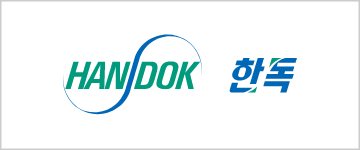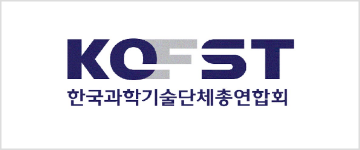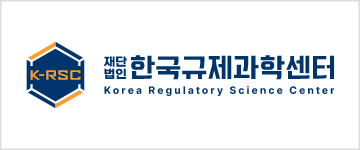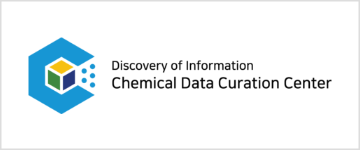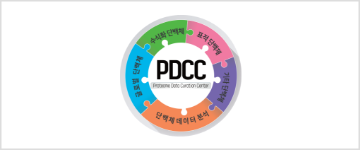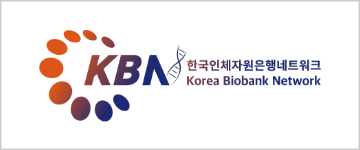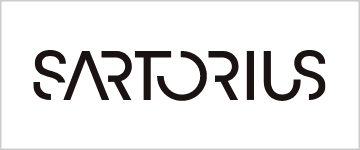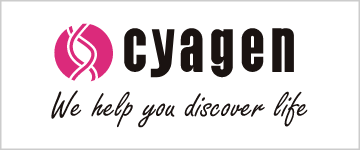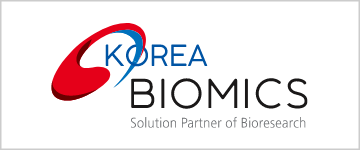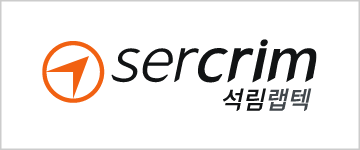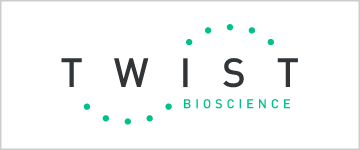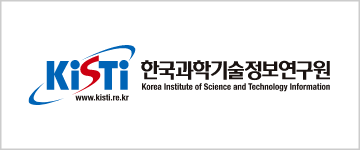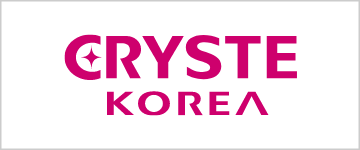2025 Fall
International Convention of PSK
2025 CONVENTION
Abstracts
Improvement of metabolic-related markers related to metabolic-associated steatoheptatitis (MASH) in patients with diabetes: Bayesian network meta-analysis
- Jeongseok Shin2, Yeo Jin Choi*1,2
- 1Institute of Regulatory Innovation through Science (IRIS), Kyung Hee University
- 2College of Pharmacy and Institute of Integrated Pharmaceutical Sciences, Kyung Hee University
Type 2 diabetes mellitus (T2DM) and metabolic dysfunction-associated steatohepatitis (MASH) frequently coexist, accelerating disease progression and worsening outcomes. Comparative evidence on pharmacological interventions in this high-risk population remains limited. This study aimed to systematically evaluate and compare the efficacy of different pharmacological interventions in improving hepatic steatosis and MASH resolution rates in patients with concurrent T2DM and MASH. We conducted a Bayesian network meta-analysis in accordance with PRISMA-NMA guidelines, searching OVID MEDLINE, Embase, and Cochrane Central to August 2025. Twenty-eight randomized controlled trials involving 2,127 adult T2DM patients with MASH were included. Primary outcome was absolute change in hepatic fat, and secondary outcome was MASH resolution without worsening fibrosis. Bayesian network meta-analysis was performed to determine comparative effectiveness using surface under the cumulative ranking curve (SUCRA).Dual GIP/GLP-1 receptor agonists produced the greatest reduction in hepatic fat (SMD: –5.2, SUCRA 99.9%), followed by TZD/SGLT2 inhibitor combinations and FGF21 analogue/GLP-1RA combinations. For MASH resolution, thiazolidinediones demonstrated the highest efficacy (OR: 8.7, SUCRA 78.7%), followed by vitamin E/TZD combinations and SGLT2 inhibitors. Dual GIP/GLP-1 receptor agonists and thiazolidinediones appear most effective for hepatic fat reduction and MASH resolution, respectively, in T2DM patients. As interventions with highest efficacy for MASH are commonly used hypoglycemic agents in T2DM, further controlled trials are necessary to determine their effectiveness in specific subgroups and disease stage, throughout MASH management.
Q&A
- There are no registered questions








